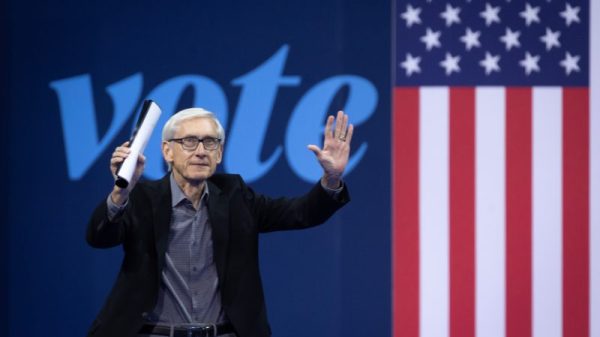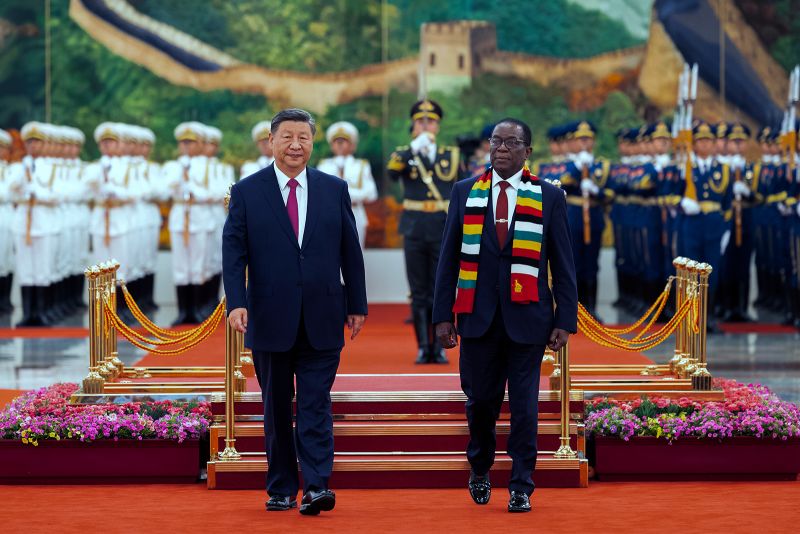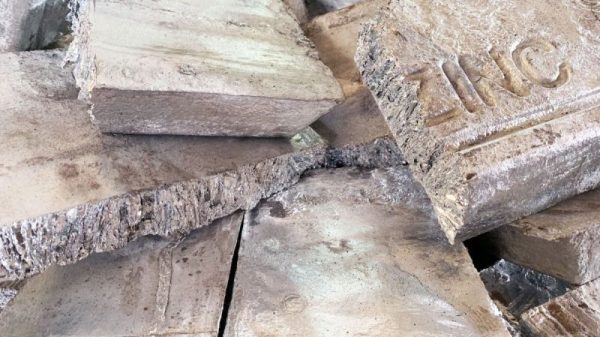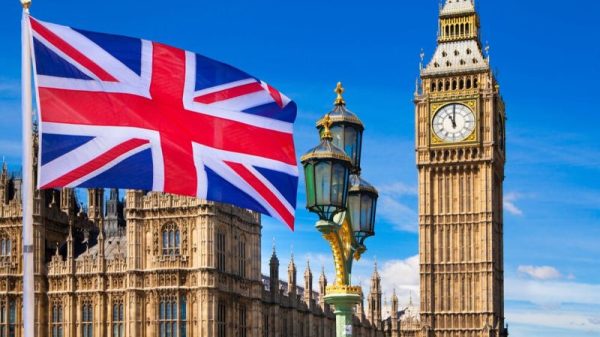Delegations from dozens of African countries are gathering in Beijing for a three-day summit set to see China showcase itself as a lead partner for the continent, despite slowing lending for its development – and as it faces rising frictions with the West.
A procession of African leaders have arrived in the Chinese capital in recent days, greeted at the airport by honor guards and dance troupes with images flashed across state media, while Chinese officials have touted the gathering as the largest diplomatic event they’ve hosted in recent years.
The fanfare comes as Chinese leader Xi Jinping has much to signal to his visiting counterparts, and the world, as the summit gets underway Wednesday.
It is the first such gathering between Chinese and African leaders in the capital since 2018 and arrives at a critical juncture in ties between Beijing and a continent that’s home to its only overseas military base and where it has been the driving economic foreign power.
In recent decades, free flowing Chinese funding has driven the construction of highways, rail lines and power plants across Africa. The financing has filled funding gaps and expanded China’s political influence, but also generated criticism it was saddling countries with unsustainable debt.
Now, in the face of these concerns and its own economic slowdown, Xi and his officials will be likely pitching a new tune – what they posit as sustainable “small yet beautiful” investments and more collaboration on the green technologies in which China leads the world in producing.
This week will be Beijing’s most high-profile chance to telegraph that vision, as it seeks to point the direction forward for ties with a continent whose political backing is only growing more important amid Beijing’s rising frictions with Washington – and for Xi’s aim to position China as a champion of the Global South and alternative leader to the US.
How these changes play out for African leaders remains another question. South African President Cyril Ramaphosa bluntly called on China to “narrow the trade deficit and address the structure of our trade” during a bilateral meeting with Xi on Monday.
‘Critical questions’
A number of leaders are arriving for the three-yearly Forum on China and Africa Cooperation from countries grappling with heavy international debt, including from Chinese loans, and seek more investment and trade to boost their economies.
They will likely probe whether a 2021 pledge from Xi to import products worth $300 billion from Africa by next year will be achieved. They’re also likely to press for ways to ensure growing trade is not merely an exchange of African raw materials for Chinese manufactured goods.
“Critical questions are going to be asked – and so African countries and their Chinese partners are going to be hard pressed to provide answers,” said Paul Nantulya, a senior China specialist at the Africa Center for Strategic Studies in Washington.
When it comes to investment, even before the pandemic, China had already been reducing funding for the big-scale infrastructure projects that saw the world’s second largest economy become Africa’s largest bilateral creditor over recent decades.
Chinese lending to African government or state-linked borrowers cratered during the pandemic, reaching a low of roughly $1 billion in 2022, according to Boston University’s Global Development Policy Center. The data showed a modest recovery to $4.6 billion in 2023, a far cry from a peak of more than $28.8 billion in 2016.
Some African leaders holding talks in Beijing are facing steep challenges repaying debt from China and other lenders.
Kenya, whose president, William Ruto, is in Beijing this week, was rocked by protests earlier this summer over a finance bill introduced by the government to rein in public debt. That debt includes nearly $6 billion owed to China and more than $20 billion payable to multilateral banks, according to an April government statement.
Analysts say China is not the main cause of African debt distress in most cases, making up a comparatively small portion of the continent’s overall public debt. But the influx of Chinese loans increased the debt burden, and observers suggest China has moved too slowly or been inflexible in cases when it comes to helping countries that are heavily indebted to it get relief.
Beijing has defended its lending practices and its efforts to ease debt repayment but is unlikely to make debt relief a major theme of the multilateral summit, where it will focus on trade measures and promoting what it says is a shift to “small yet beautiful” investments.
The term, referring to projects with smaller budgets and environmental or social impact, has emerged as a key buzzword as Xi’s flagship Belt and Road Initiative (BRI). That’s as the infrastructure drive for the developing world transitions to a new phase following a decade of growth – that saw some projects slammed for environmental costs or poor labor standards and others stalled.
“There will be fewer projects but a greater spotlight on them. In an ironic way, I think this will lead to a more sustainable path,” said Bhaso Ndzendze, an associate professor of politics and international relations at the University of Johannesburg in South Africa.
But “the African side is keen to accept almost anything that China has to offer,” he continued, pointing to limited alternative avenues of support.
Beijing is also expected to push to make Africa’s market a destination for its prolific production of green tech like solar panels and electric vehicles.
The move may be welcomed by African nations grappling with power shortages and climate threat, but also comes as such Chinese goods face hefty tariffs in the US, Europe and Canada, as those markets move to block what they see as a flood of unfairly subsidized products.
Competition with the West
Past gatherings of the twenty-four-year-old forum have included big promises of financing and boosting bilateral trade. Beijing will now be keenly aware that its commitments face competition.
In recent years, the US and its European partners have launched their own efforts to fund infrastructure in Africa, widely seen to be driven by their concern over China’s expansive footprint in the region – and its access to African critical minerals key for the fabrication of green tech.
“Now (China) has competition on the street … so that also might trigger them to keep the momentum going on infrastructure, because they don’t want to cede that space to the US,” said Ammar A. Malik, a faculty affiliate in public policy at William & Mary, who monitors China’s overseas spending.
Xi is also expected to use the gathering to project to the rest of the world the idea of solidarity between China’s view on the world and that of countries across Africa – a sign to Washington that despite pressure from the US and its allies, Beijing has numerous friends.
Visiting leaders are likely to continue to endorse Xi’s cornerstone rhetoric around building a global “community with a shared future,” a vision he sees as unlike the one that’s been unfairly dominated by the West. Attendees could also express a unified opinion on global issues like the wars in Ukraine and Gaza.
The forum has, in recent years, expanded beyond economic cooperation into areas like peace and security, alongside China’s own growing security interests in the region, where its companies’ sprawling mining operations have been subject to criminal attacks.
“China-Africa relations is going back to the basics in the sense that it started as a political relationship,” said Ovigwe Eguegu, a Nigeria-based policy analyst at the consultancy Development Reimagined.
Eguegu pointed to current Chinese Communist Party-funded initiatives to fund training for African political parties as well as African port calls from the People’s Liberation Army navy and joint military drills as part of a “ramping up of engagement in the political-security dimension.”
“China is preparing its diplomatic relationships across the world for a world that is expressing geopolitical tensions,” he said.

























